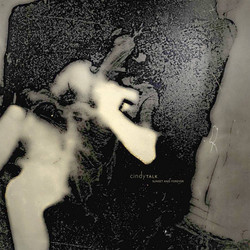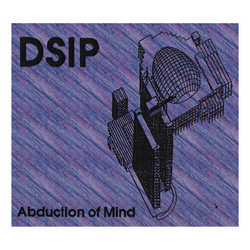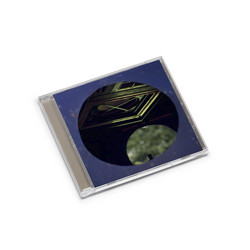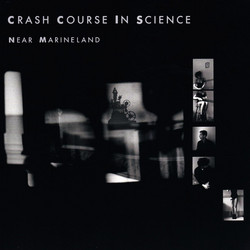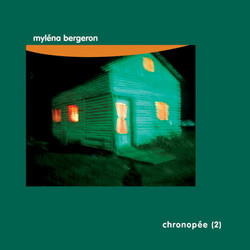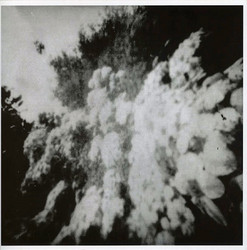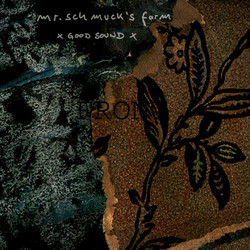In the landscape of early electronic music, few projects operated with the conceptual rigor and interdisciplinary ambition of Monoton. Founded in 1979 by hypermedia pioneer Konrad Becker, this Vienna-based collective emerged not as a band in any conventional sense but as an ongoing investigation into what they termed "bionic psycho-active automat music"—compositions derived from mathematical structures and natural constants rather than traditional melodic intuition.
Eight Lost Tracks documents Monoton's most intensive period of research, spanning 1981 to 1983, when Becker and his collaborators at the "Institut für wissenschaftliche Sensation" (Institute for Scientific Sensations) created electronic soundscapes using analog synthesizers and primitive microcomputers, including a Commodore 64. These weren't merely experiments in electronic music but explorations of consciousness itself, using sound as a medium for investigating the psycho-acoustic properties of mathematical relationships.
The album reveals compositions built from electro-acoustic representations of square roots, powers, and periods of π, alongside explorations of Fibonacci sequences, Feigenbaum numbers, and magic squares. What might sound like dry academic exercise becomes something far stranger—music that seems to operate according to laws different from those governing conventional composition. These pieces unfold with the inevitability of mathematical proof, yet they pulse with organic life.
Six of these eight tracks appear here for the first time, rescued from Becker's archives after decades of obscurity. Only "Ich Weiss Nichts" (presented in a new remix by Becker himself) was previously released, appearing on 1981's Monotonprodukt 04 EP. "Mutation Waltz" surfaced on the 1982 sampler Q.E.D., its title suggesting the mathematical certainty that guided Monoton's aesthetic investigations. Becker's subsequent career trajectory—co-founding the Institute for New Culture Technologies/t0, directing Public Netbase, and initiating World-Information.Org—reveals someone whose artistic practice always operated at the intersection of technology, consciousness, and social organization. Recent projects like Global-Security-Alliance.Com continue this pattern of using artistic methodology to investigate contemporary power structures.
Eight Lost Tracks stands as essential archaeology for understanding how electronic music's early practitioners conceived their medium's possibilities. These aren't nostalgic artifacts but blueprints for alternative approaches to sonic organization—compositions that suggest music's capacity to function as research methodology rather than mere entertainment. For those seeking electronic music that engages both mind and nervous system, Monoton's mathematical dreams offer profound rewards.


